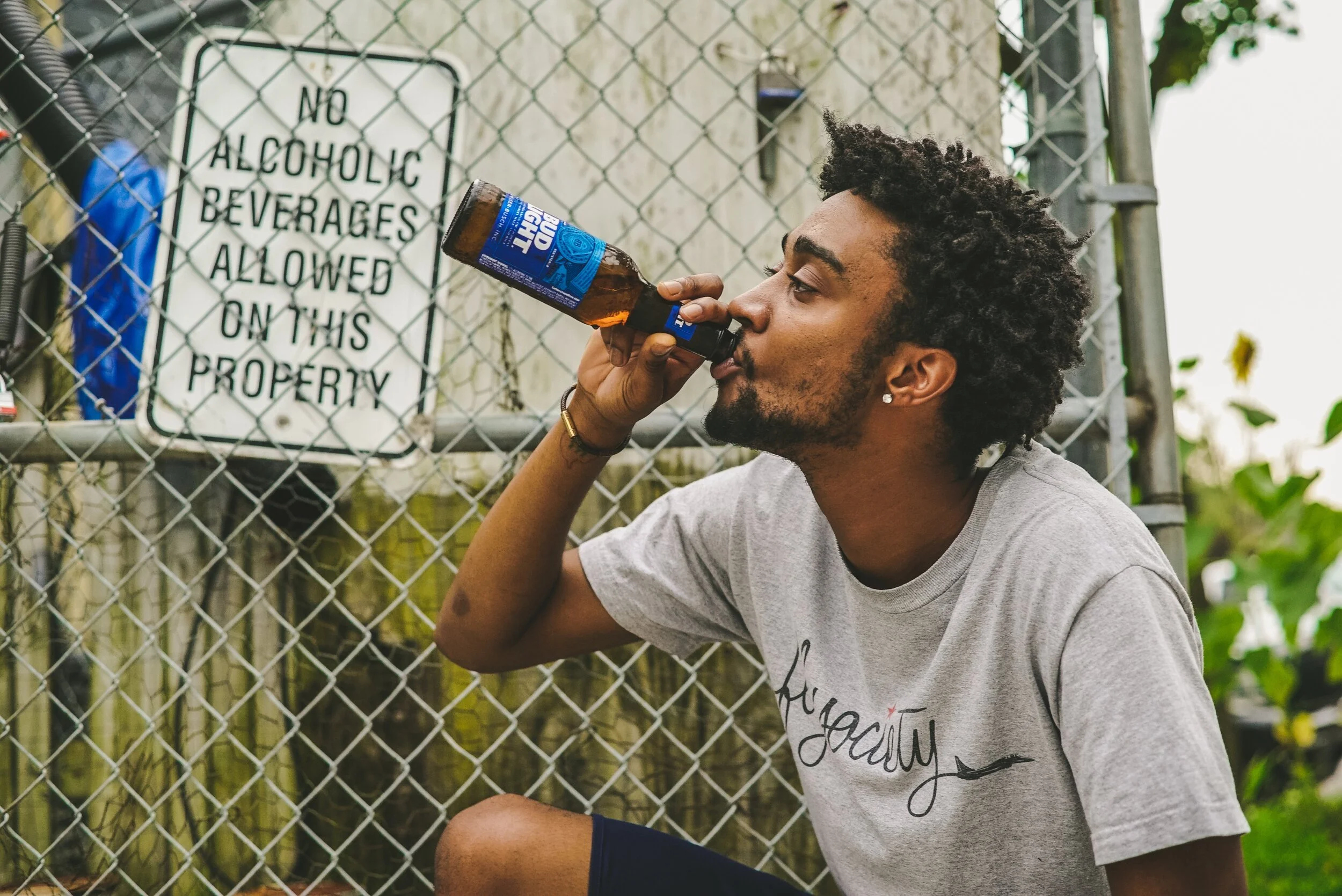The Sixth Amendment to the United States Constitution contains the most rights related to criminal defense in the Bill of Rights. It states:
In all criminal prosecutions, the accused shall enjoy the right to a speedy and public trial, by an impartial jury of the State and district wherein the crime shall have been committed, which district shall have been previously ascertained by law, and to be informed of the nature and cause of the accusation; to be confronted with the witnesses against him; to have compulsory process for obtaining witnesses in his favor, and to have the Assistance of Counsel for his defence.
The Sixth Amendment’s prohibitions and requirements all pertain to the process by which a defendant may be tried in court. These rights apply to the actual trial procedure and not the process prior to the institution of prosecution.
First, it requires that a criminal defendant’s trial be “speedy” and “public.” The requirement of a speedy trial means that a defendant may not be held in jail indefinitely without his case being brought to trial. In Louisiana, our state statutes have established that the delays for bringing a case to trial are 2 years for felony prosecutions and 1 year for misdemeanors. The requirement that a defendant’s trial be public means that, under most circumstances, the defendant’s trial must be conducted in an open courtroom that may be entered by any person who would like to view the trial. There are some limitations when evidence is protected by another statute (for example: in cases involving the abuse of minors), or when a court is attempting to limit pre-trial publicity.
Second, the Sixth Amendment requires that a defendant be tried by an impartial jury. This requirement means that a defendant has the right to ask questions of the potential jurors to make sure that they are not biased against him for some reason, whether that be because of his race or gender, or because of the nature of the crime, itself. Jury selection is an incredibly important part of any trial.
The Sixth Amendment also requires that a defendant be informed of the “nature and cause of the accusation” against him. This provision requires that a defendant be advised of the crime with which he has been charged. In Louisiana, this means that a Bill of Information or Indictment is filed which contains the name of the defendant and the charge against him, including the date(s) on which the crime was allegedly committed. Further, the defendant has a right to have that document read aloud to him at his arraignment so he can enter a plea of either guilty or not guilty to the charge.
The Sixth Amendment also requires that a criminal defendant have the right of confrontation and compulsory process. This means that a criminal defendant must be entitled to cross examine his accuser at the time of his trial. The individual who has accused the defendant of a crime must be present in court to testify under oath to the facts that lead that person to believe that the defendant committed the offense, whether that be a victim or a law enforcement officer. Further, a defendant is allowed to call witnesses to testify on his behalf. He can also issue subpoenas (compulsory process) requiring them to appear in court to testify on his behalf if they are unwilling or unable to attend court voluntarily.
Finally, the Sixth Amendment requires that a defendant have the right to counsel. This right is contained in the second half of the Miranda warnings in which an arrestee is advised that she “has the right to an attorney,” and “if she cannot afford an attorney, one will be appointed to represent” her. This right does not apply until the arrestee has been charged with a crime, meaning that the arrestee is not necessarily entitled to an attorney during an interrogation; however, if the arrestee tells the police that he does not want to speak to them until he has an attorney, the interrogation is not allowed to continue until an attorney has been appointed to or retained by the criminal defendant. This requirement also means that a criminal defendant is entitled to an attorney who can represent him at all stages of the trial proceeding, from arraignment through trial and sentencing if she is convicted.
Next week: the Eighth Amendment’s prohibitions against excessive fines and bail and cruel and unusual punishment.
































